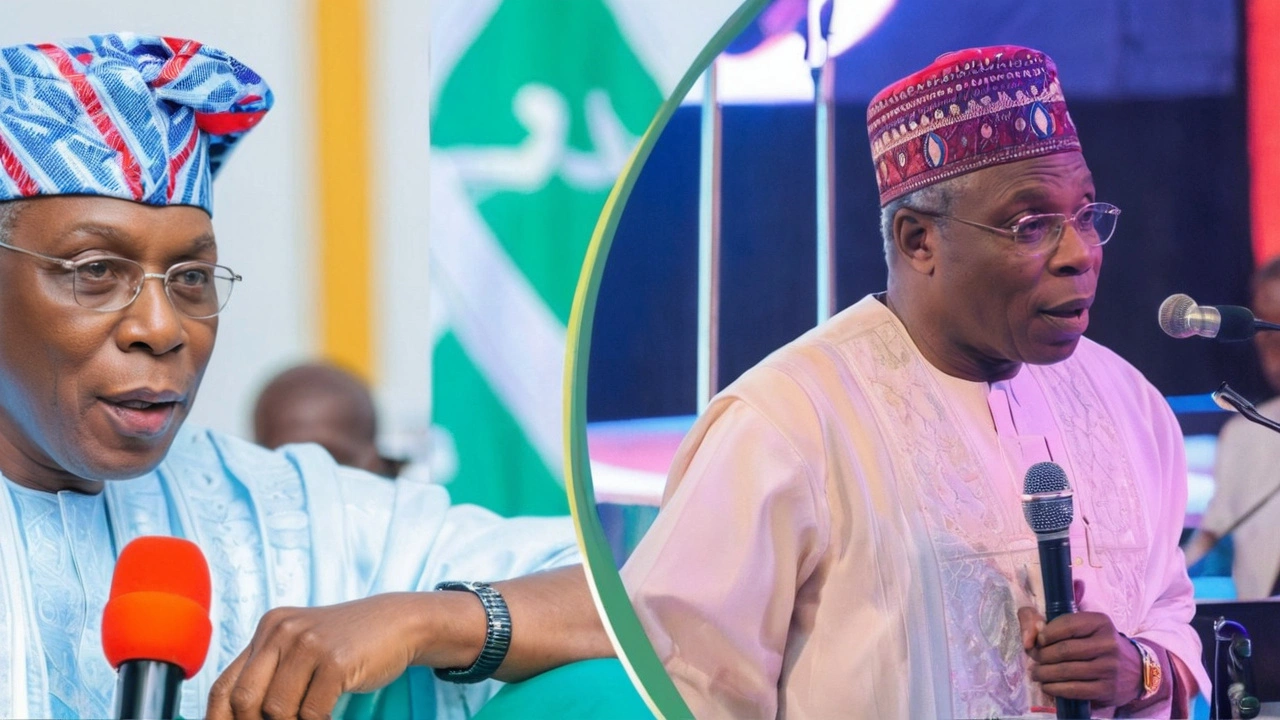Olusegun Obasanjo: Nigerian Leader, Reformer, and Controversial Voice
Olusegun Obasanjo has been one of Nigeria’s most visible leaders for decades. Born in 1937, he first rose to national power as a military head of state from 1976 to 1979 and later served as a democratically elected president from 1999 to 2007. His time in office reshaped Nigeria’s politics and economy and still sparks debate today.
Why does Obasanjo matter now? Because he helped steer Nigeria from military rule back to democracy, launched big economic changes, and then stayed as an outspoken critic or supporter of later leaders. That mix of action and commentary keeps him in the headlines and on opinion pages.
Career highlights
As military ruler he handed power to a civilian government in 1979 — a rare peaceful transition in the region at the time. As elected president he pushed privatization, economic reforms, and policies aimed at stabilizing the economy after years of military rule. He backed the creation of the Economic and Financial Crimes Commission (EFCC) in 2003 to fight corruption and launched the National Economic Empowerment and Development Strategy (NEEDS) to guide economic policy.
Obasanjo also worked to improve Nigeria’s standing abroad. His government negotiated major debt relief deals and expanded diplomatic ties across Africa and beyond. He often took mediation roles and spoke on continental issues, which solidified his profile as an African statesman.
Controversies & legacy
Not everything from Obasanjo’s era is praised. Critics point to uneven results from privatization, lingering poverty, and allegations of political interference. He was linked to a push for a constitutional change that many feared would allow a third presidential term for his allies — a move that sparked strong opposition.
Still, many Nigerians credit him with returning the country to civilian rule and setting up institutions that remain important today. He left office in 2007 and has since written books, advised leaders, and publicly weighed in on national and regional issues. You’ll often see his views in opinion pieces and interviews.
If you want to follow events tied to Obasanjo, track three things: statements he makes directly, legal or political moves that reference policies from his time, and books or memoirs he publishes. These give a clear view of where he stands and how his ideas influence current debates.
Need a quick read? Start with his memoirs and a summary of NEEDS policy to see how he framed Nigeria’s economic goals. Want deeper analysis? Look for academic reviews of the EFCC and debt-relief negotiations from the early 2000s — they reveal which reforms worked and which did not.
Questions about Obasanjo often split opinion: was he a reformer who moved Nigeria forward, or a power player whose methods left mixed results? Either way, his impact is real and worth understanding if you follow Nigerian politics or African leadership today.
Use this tag to find all coverage, interviews and opinion pieces mentioning Obasanjo. Subscribe for alerts, check archives for background, and follow major Nigerian news outlets for breaking updates.

Olusegun Obasanjo Calls for Six-Year Presidential Term to Curb Political Instability in Nigeria
Former President Olusegun Obasanjo proposes a six-year single presidential term for Nigeria to reduce political tensions and improve stability. He criticized current leadership and identified those he believes should face criminal charges. His comments align with his long-standing efforts to promote political reforms and accountability.